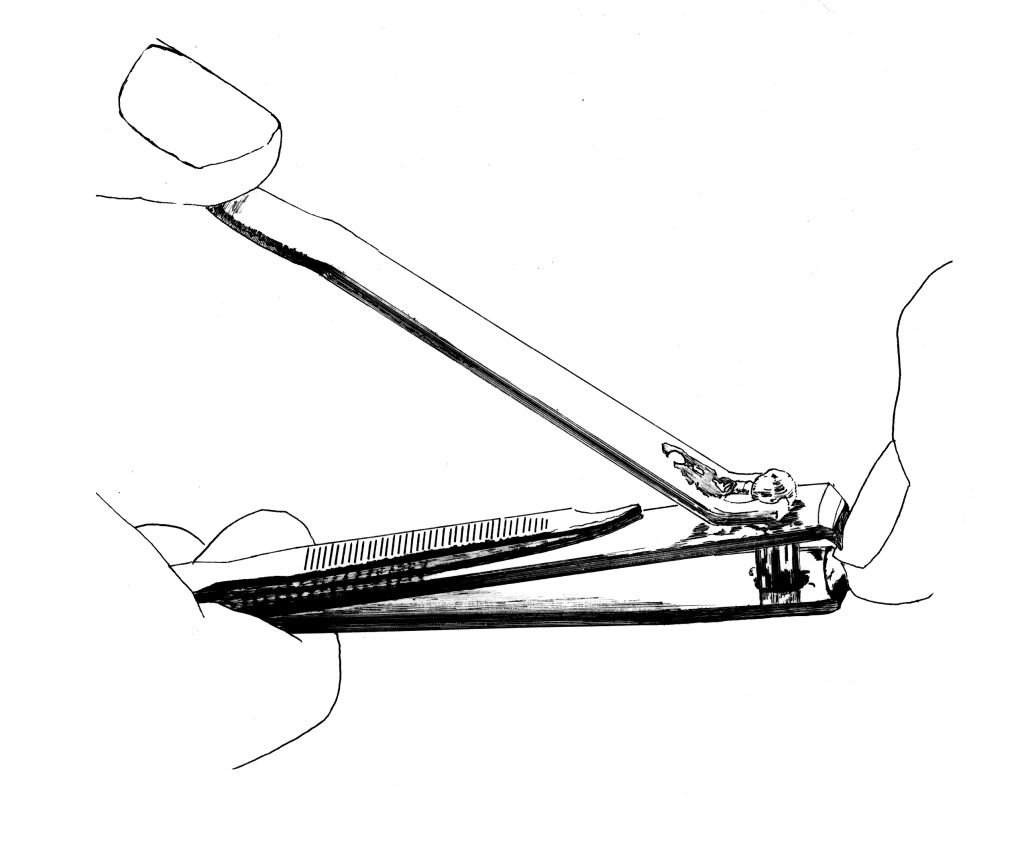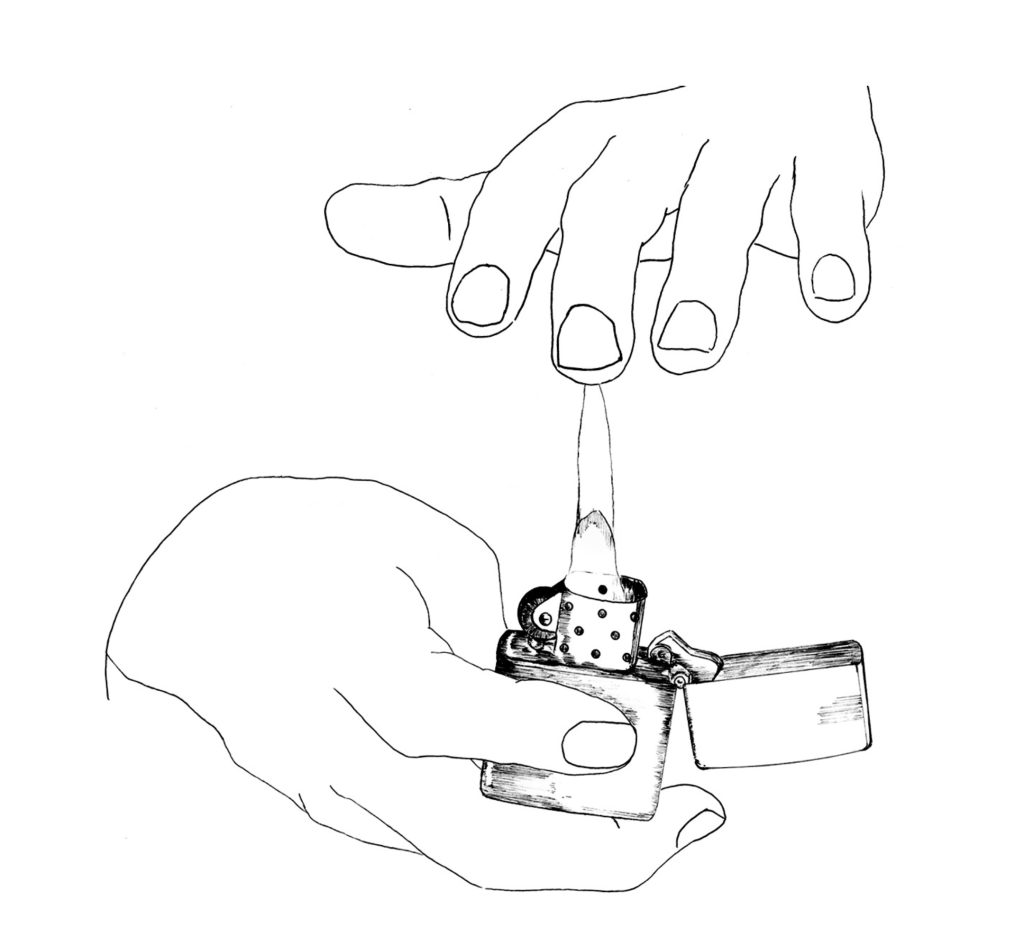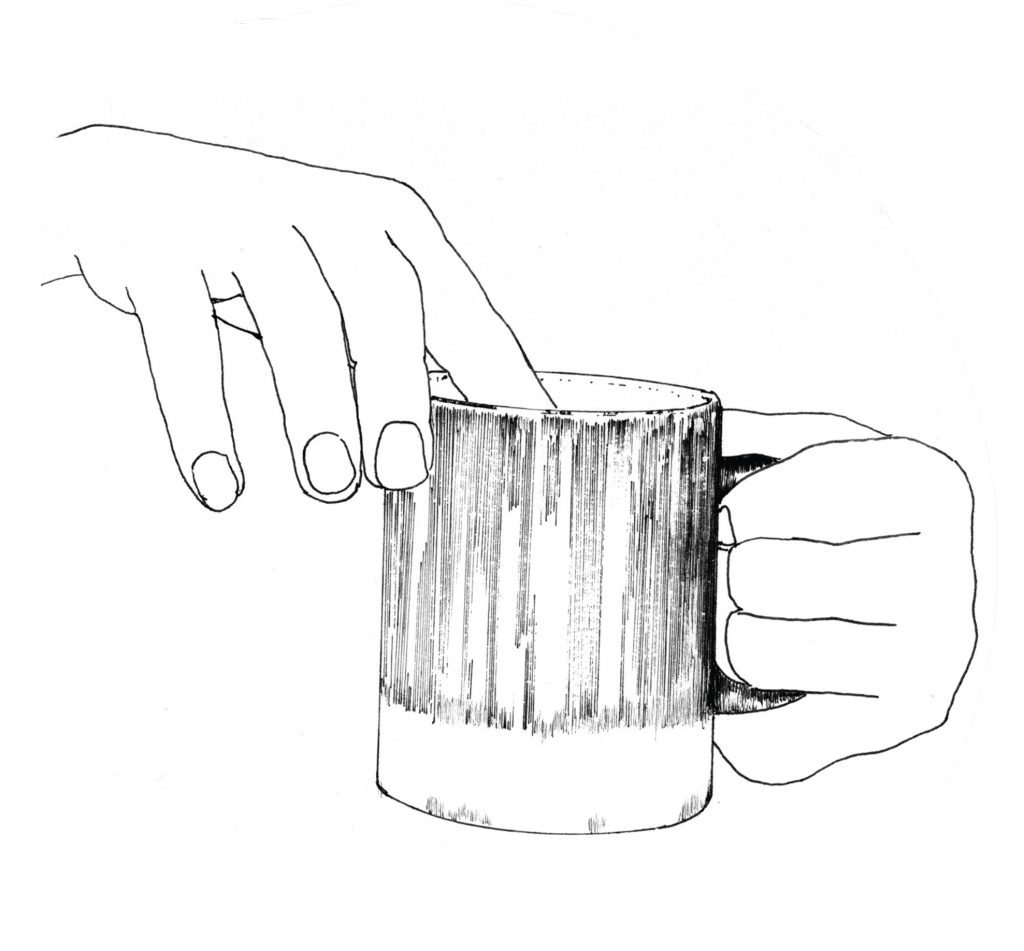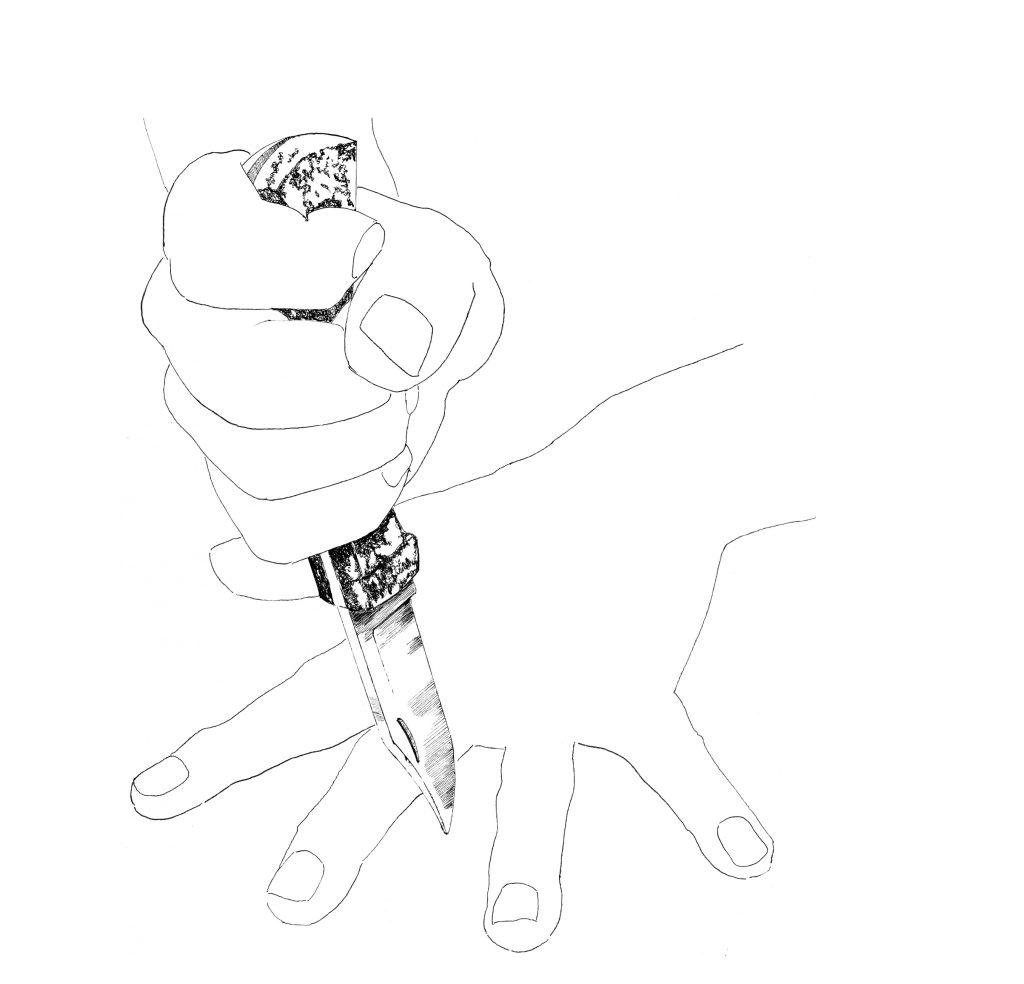“Authors Fidget Online” by Michael Dahlie
At the beginning of her reading, this lifestyle memoirist announced that she was struggling to quit vaping and, thus, would be chewing nicotine gum that evening. It was clear that her efforts were not going well, however, and during the presentation she fondled her blister pack of Nicorette like it was an opium pipe. When she began chewing her fourth piece, she also lit a yellowing cigarette she said she found beneath a couch cushion. Her final act of transcendence, however, came during the Q&A when a participant asked a question about her mother’s storied political career. The author stood up, disappeared from view, returned with her vaping device, and then smashed it to pieces with a bronze statuette of the Eiffel Tower.

In an astounding example of online disorientation, this so-called language poet forgot that his monitor was not, in fact, a mirror, and picked his teeth on screen for ten minutes as an author discussed her new biography of Gerard Manley Hopkins. Interestingly, three months later, the Hopkins scholar published a somewhat influential article advancing an idea she was labeling “Obligational Privacy,” or the notion that readers have a fundamental right not to know about the personal lives of poets.

This poet surprised everyone by giving himself a manicure during his lecture on enjambments. His fastidious nail care was mesmerizing to all of us, but the bigger surprise came at the end when he swept the clippings off his desk and onto the rug below. There was a clear gasp from the invitees and, remarkably, when he realized the origins of the reaction, he attended to the problem by stepping on the clippings and rubbing them deeper into the rug with his foot.

At the book-talk of a colleague, this YA novelist spent the entire hour lighting things on fire. He seemed extremely curious about the flammability of the objects on his desk and tested everything from his computer keyboard to a Saul Bellow novel. After he ran out of objects, he turned to his body, performing what seemed to be a meticulous examination of pain thresholds of different parts of his hand. His upper wrists, just where they met the hand, couldn’t endure a second of the flame. His fingers, however, seemed impervious to the pain of fire, even when, at one, point, one of his fingers began to smoke.

For fifteen minutes, this writer of historical novels poked an unknown object floating in her mug. There was speculation in the side chat about what the drink and object were. “Marshmallow/hot-chocolate” and “ice-cube/bourbon” were the most popular choices, although several people suggested “insect.” Amazingly, “insect” was the correct choice. It was a mayfly, which we discovered when she pulled it out, discarded it, then swallowed the mug’s remaining contents. It was agreed by everybody that this last act was clear confirmation of the bourbon theory.

This anthropologist was most famous for a book that advocated “knife games” as one of many ways for young thrill seekers to avoid the dangerous enticements of the online world. He was hated by almost everybody, and his behavior during a Zoom panel seemed to be a kind of visual rebuttal to his critics. Near the end of the hour, he stopped playing his so-called knife game, unmuted himself, and said, “See, totally fucking fine, so fuck you.” He then abruptly logged off the meeting, which was a great relief to everyone.
The post Your Zoom Camera Is Not a Mirror appeared first on Electric Literature.
Source : Your Zoom Camera Is Not a Mirror















